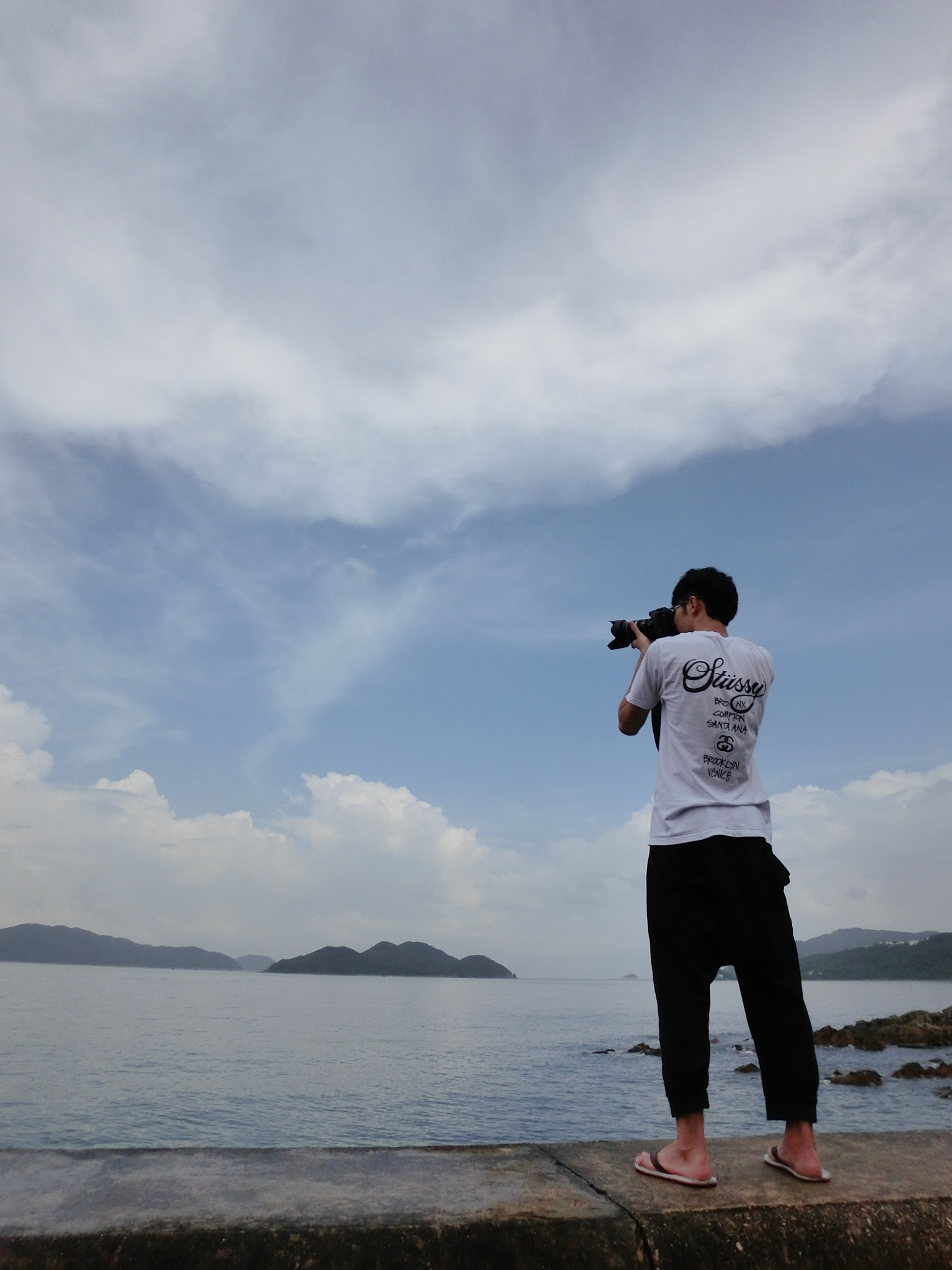Documenting Your Study Abroad
There are many ways for you to share your travels with family, friends, and the Drexel Community while you study abroad. This list provides resources and opportunities to maximize your experience abroad. Capturing your experience in words and pictures will help you reflect and synthesize their international experience while it is taking place.
Blogging
Blogs are an easy way to keep in contact with lots of people while still being able to focus on your time abroad. Blogs don't have to be a traditional journal-style website now. There are many apps and platforms out there to help you creatively record your time abroad in a variety of ways. Make sure to link your blog in your social media so your friends and family know when you update!
Check out the Study Abroad blog for examples of student blogs. Do you have work study funds while you're abroad? Apply to be a student blogger for our office!
Blogs help you:
- Communicate with several hundred people (or your closest friends and relatives) with minimal effort and time expenditure
- Share your experiences abroad candidly and during the moment
- Let loved ones know that you are safe
- Share photos and videos
- Take your family and friends on your trip with you through thorough descriptions of sights, smells, food and emotions
Keeping a Journal
While blogs are a public platform to share with many other people, journals are equally important in helping you reflect on personal things that happen while you're abroad. Even if you have never kept one before, you may find that while you are abroad you feel more inspired to write down how you are feeling and things you want to remember. You may also find it relieves some of the stress and homesickness that often comes with being far away from home. You may be experiencing culture shock and a journal can be there as an emotional outlet.
What should you write in your journal?
- As much descriptive detail as possible; you want to create a sensory memory
- First impressions and lingering images
- Narratives of what you do, what you say, and what others do and say
- Names, places, snippets of information, and the addresses of people you meet and places you stay or visit
- Go by yourself to places, and write about these “solo” experiences
- Record your reflections. What inspires you? What’s exciting? Frustrating? How is this experience influencing your world perspective?
Photographing
If you're not a writer, photographs can be a great way to keep track of your time abroad. This can be as simple as snapping photos with your smart phone or as serious as keeping a DSLR with you at all times. Make sure that you follow local laws and customs when taking photographs, as some people or places may not be allowed or want to be photographed. Regardless of how you take photos, it's a good idea to keep a notebook or a list on your phone of captions to accompany some of the photos. You don't want to come home and completely forget what you took a photo of, right?
Some tips for taking photos:
- Take your camera with you even if you don’t think you’ll need it
Take photos of anything you might want a shot of later. Don’t regret not having taken your camera or missing a photo.
- Capture the moment and your emotional memories
Take pictures of how you see the world you are in and how it makes you feel. Document what you experience internally.
- Take candid pictures of your friends
Candid photos capture what you were doing when you were abroad and what kind of mood you were in, which in turn will make your memories more vibrant.
- Show people your camera and photos
Digital cameras are great to interact with people that you might want to take photos of. Kids especially like to see themselves on the camera screens. When possible, try to find a way to give a copy of the photo to the people you take pictures of. Getting their address (mailing or email) and sending them a photo is a great way to strike up a friendship.
- Respect historical and cultural aspects as well as local laws
Always ask permission to take photos in sacred or religious sites. Also, many countries have laws against taking photos of government and other buildings. Be respectful of the culture and feelings of those around you. When in doubt – ask.
- Consider NOT taking a photograph
Sometimes your camera can feel like a burden, making you anxious about whether you’ve captured the perfect memory, but ironically, making you miss the actual moment. Take some time to explore without it occasionally.

Photo Contests
If you're particularly proud of any of your photographs, consider submitting them for photo contests.
Photo Credit:
Weibo Wang, Finance, "BBQ Site"